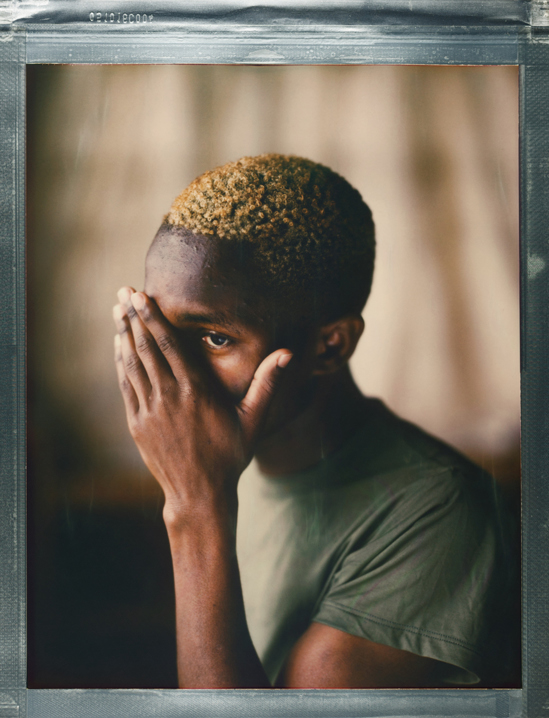Cindy / Uganda
“Leaving my motherland, that was a best friend to me, but later become a new survival battlefield for my life. It was good hope that I could find security, love, and protection in Kenya, Nairobi where I ran for asylum for hope that there is always a better life tomorrow seemed all the same and much more worse than I expected. Camping outside the UNHCR offices for weeks because of less concern to my case. I was in trouble, I was facing several insecurities. I was having sleepless nights for my sleep was always disturbed by heavy rains, by the high hooting vehicles that bypassed by the road. I went for help, but all I got is ambush by Kenya central police of Pangani accusing me and my other fellows of distracting UNCHR officers and civilians from their work. We were taken under total security in the first police station at Kileleshwa. in Westlands where we slept for a night. After then, we were rushed like sick patients on emergency to another in Pangani where we were later dispersed into different other stations.
I was taken to Shauri Moyo. I had the night there in a disgusting cold cell and in the morning a bus came for us. The first thing that got into my mind was death for I thought it had been brought to take us back to Uganda. To my surprise, it was a bus for the Kakuma camp in Turkana county, a land of misery, a land of thirst, a land of no hope. I suffered from worry, stress, and trauma. I thought I would die, my health was bad, I had no right of speech. When we raised our voices seeking to be taken back to Nairobi, we were rather convicted by the harsh GSU camp police and later taken to court where we given 30 days in Lodwar high prison.
The prison was hell, they made us walk totally naked from the prison entrance to the prison wards. Everyone knew we were homosexuals. They bullied us, gave us hard tasks and with hardly no food. After serving, we were taken back to the UNHCR camp three with no counseling, no immediate medication, and almost all of us were sick. We were on our own with no mercy or sympathy from what we went through in the prison until one merciful brother, an advocate and former Ugandan LGBT community leader from USA West Virginia advocated and helped us with transport to leave the camp for Nairobi where we had left our belongings, documentations, and daily medicines.
My life came back, I got hope that no matter what God is always there. My experience was total torture and misery that was teaching at the same time. I thank the Nature Network that has always been a mother for the mother I had before. My bedding and properties were still in safe hands and my place was always there in the mother’s heart. I am happily living a promising life with hope that one day pride and family will be mine again.”




